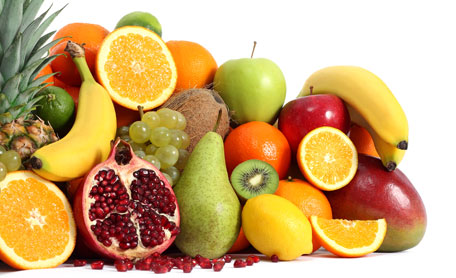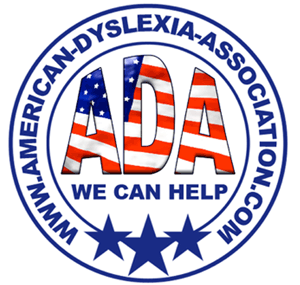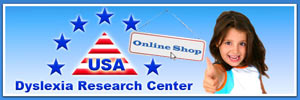How Diet May Affect A Child With Dyslexia
Parents of children with dyslexia are often looking for ways to improve the child’s concentration and help him or her do better in school. Dyslexia affects the way a child performs in reading and other studies, and even the smartest child may be afflicted with it. The learning disability also affects memory, therefore many children have difficulty learning even simple tasks. Although dyslexia is a learning disability, researchers are finding out that diet may play a key role in managing this disorder.
If your child has been diagnosed with dyslexia, chances are he or she is also affected by attention deficit hyperactivity disorder, also known as ADHD. Nearly half of all children who have dyslexia also suffer from ADHD. Researchers have found similar connections between the two disorders, and have noted that certain foods may trigger symptoms of both. Consuming some of these foods may worsen the effects of both ADHD and dyslexia.
When a child exhibits signs of dyslexia, the pediatrician or nutritionist may recommend changing a child’s diet. It may be a good idea to eliminate or reduce the amount of refined sugars in a dyslexic child’s diet. In addition, the dyslexic child should refrain from the consumption of all caffeinated beverages, including cola and iced tea. Eliminating chocolate and chocolate drinks may also be beneficial to the child affected by dyslexia. All of these have stimulating effects on the brain, which may make thought processing more difficult for children with dyslexia.
Although it is uncertain why, some children with dyslexia or attention deficit disorders may have a negative reaction to orange juice. Switching to other fruit juices such as apple or grapefruit may be a better alternative. When eliminating orange juice from the dyslexic child’s diet, be sure to supplement with other sources of vitamin C.
In addition to removing foods and beverages that may produce negative effects, the dyslexic child may also be helped by supplementing his diet. This may be done by the use of nutritional supplements, such as omega-3 fish oil. Cod liver oil supplements may also be given to improve concentration in dyslexic children.
As a recommendation, children affected by dyslexia should incorporate at least two to three servings of fish or seafood into their diet on a weekly basis. Salmon and sardines are excellent choices for a dyslexia diet. Tuna fish is another good choice for the dyslexic child, although you might limit it to one serving per week. In addition, choose foods that have moderate amounts of iron, as iron deficiency may worsen the effects of dyslexia. Foods rich in iron include calf liver, egg yolks and spinach.
Foods rich in the mineral zinc may improve the concentration of children with dyslexia. Try incorporating foods such as roast beef, pumpkin seeds, lamb and crab into the child’s diet for noticeable results. Actually, any type of meat or seafood should supply adequate amounts of zinc, thereby helping to improve concentration.
It is important to note that a child’s diet should not be modified or changed drastically without consulting with his or her pediatrician. Your child’s doctor may recommend a change in diet, although he may also emphasis other lifestyle changes. When considering new supplements, always consult with your child’s physician, especially if he or she is taking other medication.
About the author:
Noami Esterly divides her time between managing a house of three boys (her husband and two kids) and a newborn baby girl, volunteering in her community center and writing freelance for http://www.1800wheelchair.com. In her guest post below she talks about the correlation of dyslexia and diet.
Category: Dyscalculia, Dyslexia, News







